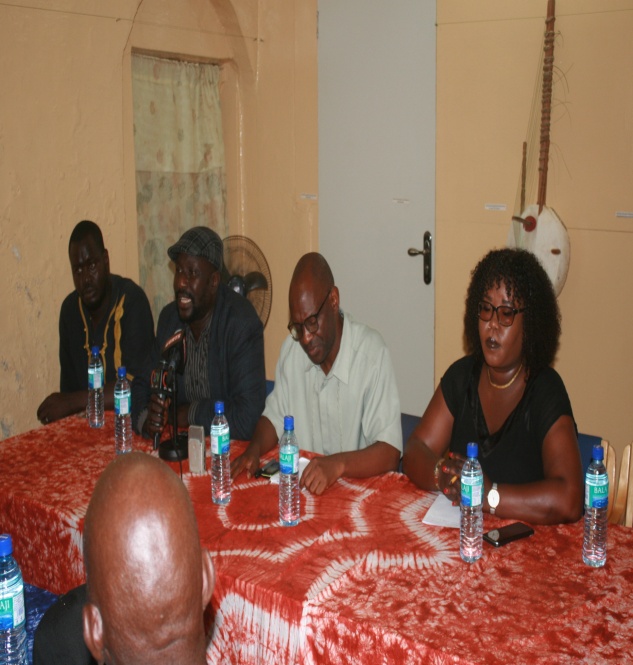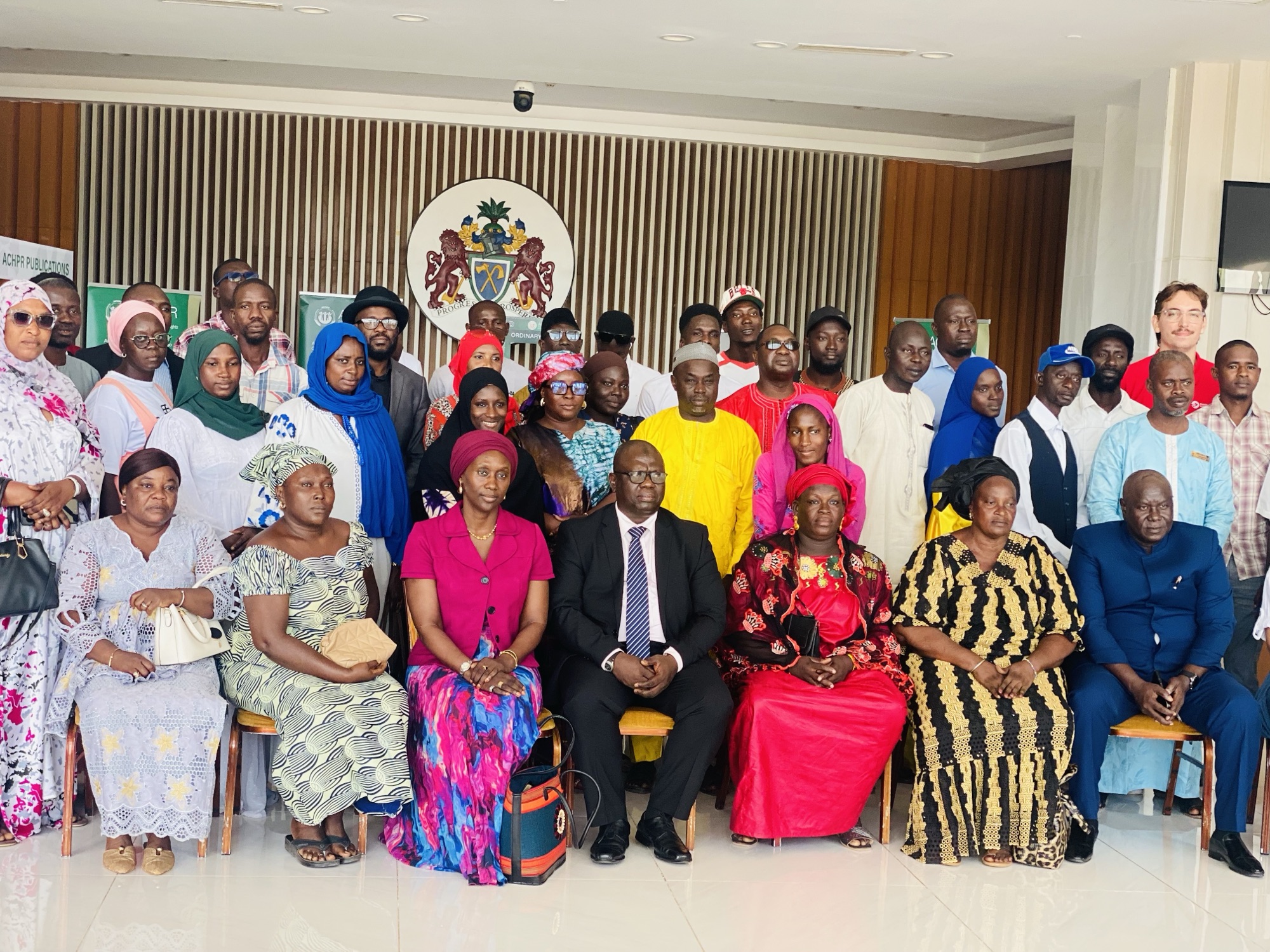By Maimuma Sey-Jawo
Top officials from The Gambia Revenue Authority (GRA) led by Commissioner General Yankuba Darboe, have returned from a study tour to Kenya and Rwanda, centred on Integrated Tax Administration system (ITAS).
The participants for the study used the opportunity to learn and benefit from the experiences of these as regard to transforming and modernizing tax administration, setting up effective project governance structures and implementing Integrated Tax Administration System ITAS).
Samba Sallah, one of the officials and project manager of Integrated Tax Administration system (ITAS) said revisited the background of the Gambia Revenue Authority as created by the Gambia Revenue Authority Act, 2004. He said it is a semi-autonomous corporate body to administer, assess and collect revenue and as well provide for the efficient and effective administration of the revenue collecting system, among other things.
“The Gambia’s tax system underwent a Tax Administration Diagnostics Assessment Tool (TADAT) in 2018. The assessment evaluated the efficiency of the whole tax administration system, including the information system and the administration and accounting processes and procedures. One of the key weaknesses identified was an inadequate integrated tax administration system. The weaknesses identified impacts negatively on the credibility, reliability and ready availability of tax administration data,” he explained.
He noted that the World Bank is supporting the government of The Gambia, through the Gambia Fiscal Management Development Project, in the acquisition and implementation of an Integrated Tax Administration System (ITAS). Thus, the new system will replace the existing tax administration System.
He went on that one of the key requirements of the Project is to undertake a study tour to selected countries that have successfully implemented an efficient and effective ITAS.
According to him, the Kenya Revenue Authority (KRA) and the Rwanda Revenue Authority (RRA) were recommended by the consultant hired to review the Authority’s business process in preparation for the ITAS implementation.
“This recommendation was based on their success in implementing ITAS efficiently and effectively,” he said.





